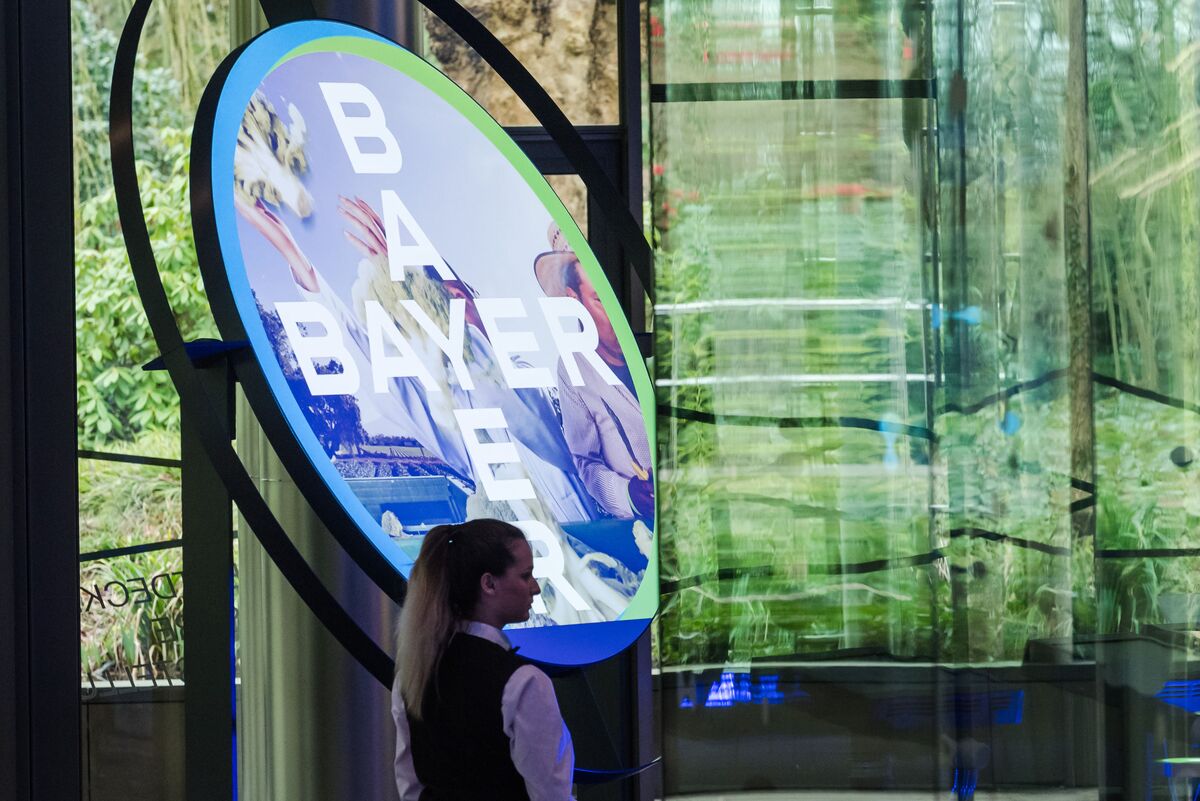Bayer AG has received approval from the US Food and Drug Administration (FDA) for its new medication, Hyrnuo, targeted at treating a prevalent form of lung cancer. This approval is significant as Bayer aims to enhance its drug portfolio amid a competitive pharmaceutical landscape.
The FDA has cleared Hyrnuo for use in adults suffering from non-squamous non-small-cell lung cancer (NSCLC) whose tumors are either advanced or have metastasized. Importantly, the treatment is specifically for patients whose cancer cells exhibit mutations in the HER2 gene, a gene commonly associated with breast cancer.
Hyrnuo’s approval comes under the FDA’s accelerated pathway, which is designed to expedite the availability of treatments that address serious conditions. This designation allows Bayer to introduce the drug to the market sooner, although it may require the company to conduct further clinical trials to substantiate the drug’s efficacy in the longer term.
Implications for Bayer’s Drug Pipeline
This development is a crucial step for Bayer, headquartered in Germany, as it strengthens the company’s position in the oncology market. The approval of Hyrnuo adds to Bayer’s growing portfolio of cancer treatments, which is particularly relevant given the rising incidence of lung cancer worldwide.
The company has been actively working to diversify its offerings and address unmet medical needs in oncology. With Hyrnuo, Bayer joins a field of emerging therapies aimed at targeting specific genetic mutations, which can significantly change treatment outcomes for patients with advanced lung cancer.
Bayer’s strategy reflects a broader trend in the pharmaceutical industry, where targeted therapies are becoming increasingly prominent. The focus on personalized medicine allows for more effective treatments tailored to individual patients based on their genetic profiles.
Next Steps for Bayer and Patients
As Hyrnuo becomes available, patients and healthcare providers will be keenly observing its performance in real-world settings. The FDA’s accelerated approval indicates a commitment to addressing urgent health needs, but ongoing assessments will be essential to confirm the drug’s long-term benefits and safety.
The launch of Hyrnuo also poses significant financial implications for Bayer. Successful uptake could bolster the company’s revenue streams and enhance its reputation in the competitive oncology sector. As it stands, Bayer is poised to leverage this new approval to not only improve patient outcomes but also to solidify its market presence globally.
In conclusion, Bayer’s recent FDA approval for Hyrnuo marks a pivotal moment in the fight against lung cancer, with the potential to transform treatment options for patients battling this challenging disease.
